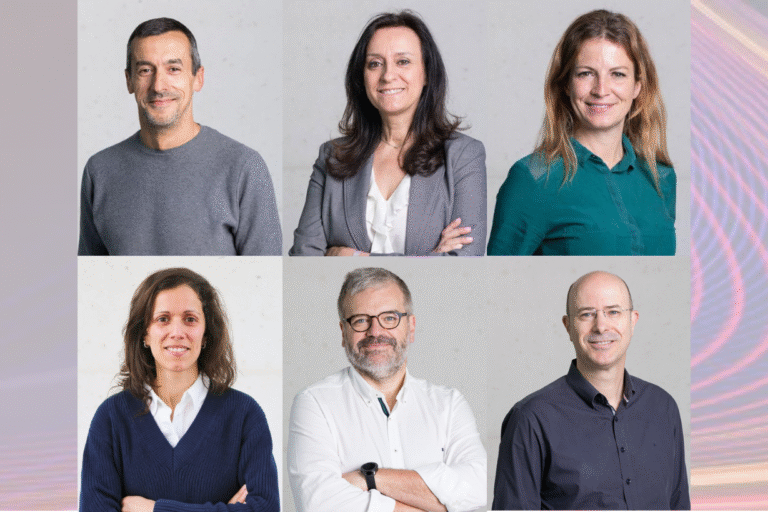
Six researchers from ICVS have been included among the world’s top 2% most cited scientists over the past year, featured in the World’s Top 2% Scientists 2025 list, published by Stanford University in collaboration with Elsevier.
Read More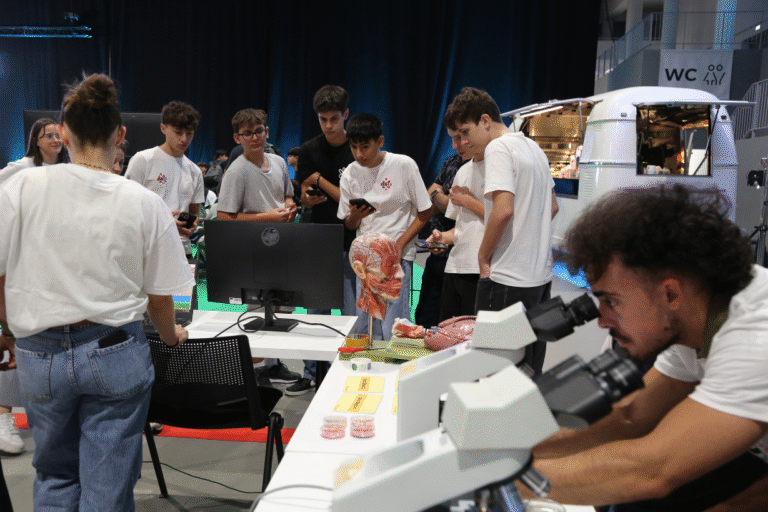
Over 2,000 visitors attended the event at Forum Braga, where ICVS offered interactive activities showcasing the science behind health and well-being.
Read More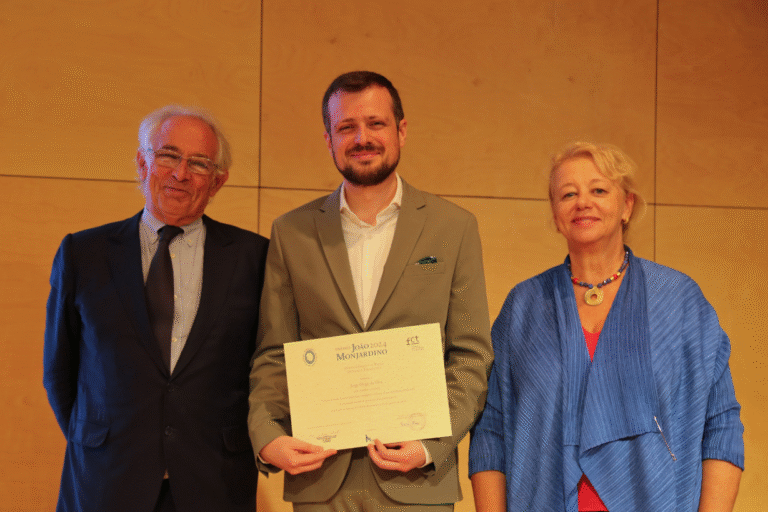
Jorge Diogo da Silva, researcher at the Life and Health Sciences Research Institute (ICVS) of the University of Minho’s School of Medicine (EMUM), was awarded today the João Monjardino Prize 2024 for his pioneering study on spinocerebellar ataxia type 3 / Machado-Joseph disease—a rare, hereditary neurodegenerative disorder that currently has no effective treatment.
Read More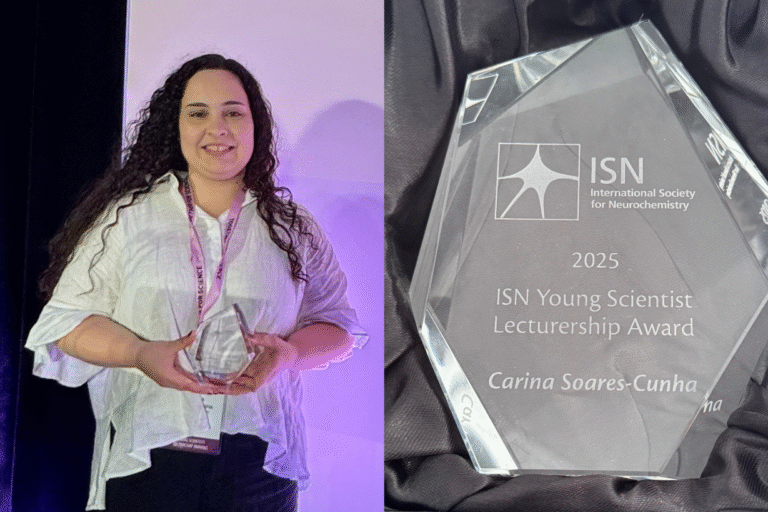
ICVS researcher Carina Cunha was recognized with the ISN Young Scientist Lectureship Award, granted by the International Society for Neurochemistry (ISN). The award ceremony was conducted on August 21st, 2025, at the ISN-ASN Biennial Meeting in New York, USA.
Read More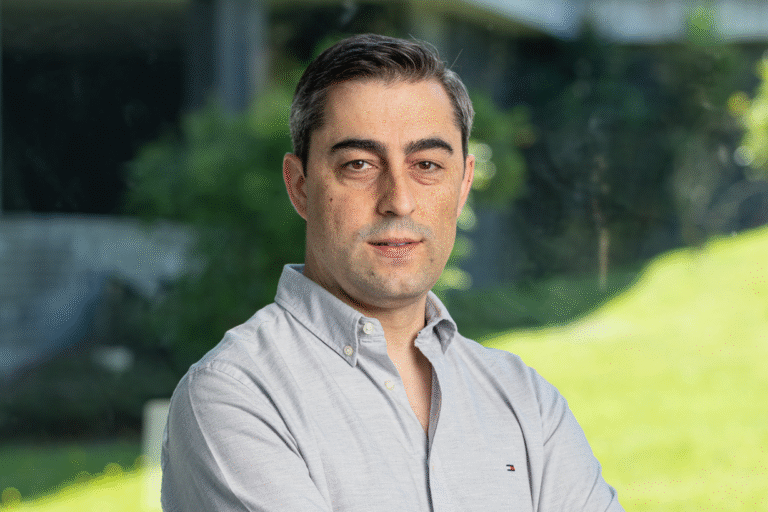
Agostinho Carvalho, a principal investigator at ICVS, has received more than $450,000 in funding from the Ann Theodore Foundation to lead a two-year research project focused on the mechanisms of sarcoidosis, a rare complex inflammatory disease that remains poorly understood. The research will be conducted in close collaboration with Dr. Hélder Bastos and the FIBRALUNG consortium, the largest nationwide patient registry and biobank for interstitial lung diseases.
Read More
ICVS researcher Joana Silva was distinguished with the Career Developmental Grant 2024 from the International Society for Neurochemistry (ISN). The award was officially given in June 2025.
Read More
Aging is typically seen as a driver of neurodegenerative diseases - but what if it could be harnessed as part of the solution? A new study, published in the journal Mechanisms of Ageing and Development, by researchers at ICVS suggests that.
Read More
University of Minho has once again demonstrated its strong scientific impact with 58 of its researchers featured in the 2025 Best Scientific Rankings by Research.com. Among them, five investigators from the ICVS — Fernanda Marques, João José Cerqueira, Luísa Pinto, Patrícia Maciel, and Nuno Sousa — stand out for their influential contributions to medical and biomedical sciences.
Read More
A study co-authored by ICVS researchers Afonso Fernandes, Matilde Gomes and Pedro Morgado has been chosen as Editor's Choice by the Journal of Psychopathology and Clinical Science, American Psychological Association’s journal.
Read More
Paula Ludovico, principal investigator at ICVS, has been awarded with over half a million euros in European research funding to take part of an international project focused on improving the sustainability of microbial bioprocesses. The project, entitled UPsYDe – Understanding and Postponing Yeast cell Death, was selected under the prestigious Marie Skłodowska-Curie Actions Doctoral Networks, part of the Horizon Europe framework.
Read More




















